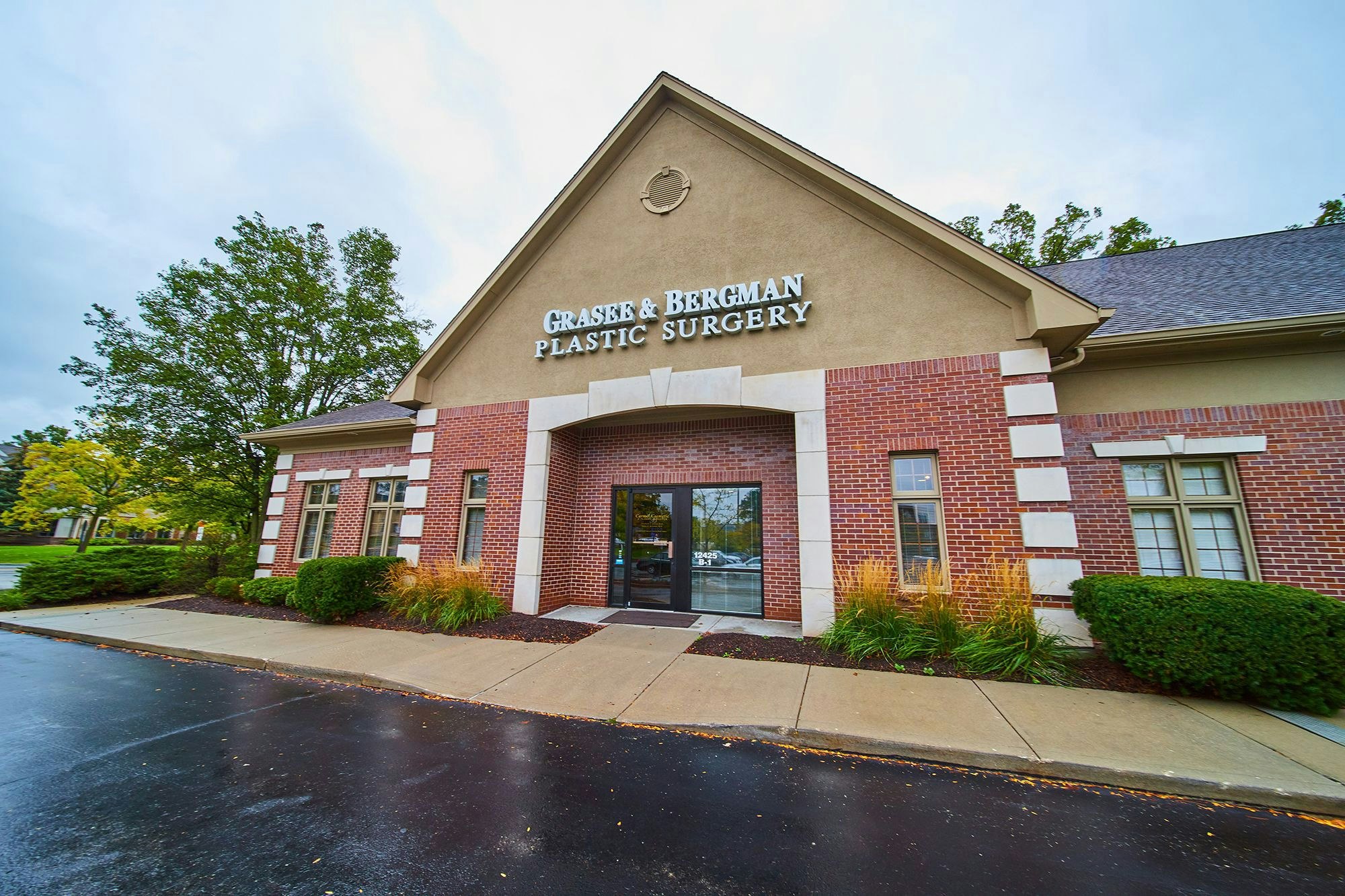Breast Implant Illness
 Breast implant illness (BII) is a collection of symptoms that may be related to breast implants. People with BII have symptoms whether they have saline-filled or silicone-filled implants. Symptoms can start soon after breast implant surgery or not for many years. Though the exact cause isn’t known, BII may be related to autoimmune or inflammatory responses. Common symptoms include fatigue, joint pain, brain fog and rash.
Breast implant illness (BII) is a collection of symptoms that may be related to breast implants. People with BII have symptoms whether they have saline-filled or silicone-filled implants. Symptoms can start soon after breast implant surgery or not for many years. Though the exact cause isn’t known, BII may be related to autoimmune or inflammatory responses. Common symptoms include fatigue, joint pain, brain fog and rash.
Breast implant illness isn’t yet recognized as an official medical diagnosis. Healthcare providers "diagnose" BII by ruling out other conditions. Treatment involves implant removal. Removal of implants may or may not improve symptoms. Learn more about BII below. At Carmel Cosmetic & Plastic Surgeons, we are committed to your health.
Plastic surgeons who have treated a lot of patients with BII say that it’s common for those who seek treatment to have multiple symptoms that are interfering with their ability to function. Many have gone to a number of other doctors before realizing that their symptoms may be connected to their implants. Currently, there are no commonly used diagnostic tests or diagnostic criteria specifically for BII.
In general, a plastic surgeon should try to rule out other potential causes of the symptoms (that are unrelated to the breast implants). This may involve looking at the results of tests the patient has received (such as tests related to diagnosing autoimmune disorders, arthritis, or Lyme disease) and finding out if any symptoms improved when the patient received treatment for other conditions.
BII isn’t well understood and individual plastic surgeons take different approaches to treating it. Again, the treatment most likely to improve symptoms over the long term appears to be removing the implants and the surrounding scar tissue/capsules and not replacing the implants with new ones. Many believe it is important to ask your surgeon to remove the capsules because that is a key part of the treatment.
Some plastic surgeons recommend a procedure called an “en bloc capsulectomy” — removing the implant and capsule in one piece. Others may recommend a “total” (or “complete”) capsulectomy and implant removal, which involves removing both the implant and the capsule, just not in one piece.
If you’re considering surgery to address BII symptoms, be sure to ask your plastic surgeon about the risks and benefits of the various surgical treatment approaches. It’s also important to remember that it’s not possible to predict whether the removal of your implants will improve or resolve your BII symptoms.
Contact us to schedule a consultation. Carmel Cosmetic and Plastic Surgeons provides a supportive environment in which you can feel at ease to discuss your goals. Our physicians, Dr. Elizabeth Grasee and Dr. Debra Bergman, will help you decide the best course of action. Our surgeons are committed to guiding you towards a solution that aligns with your personal preferences and maintains your health.





